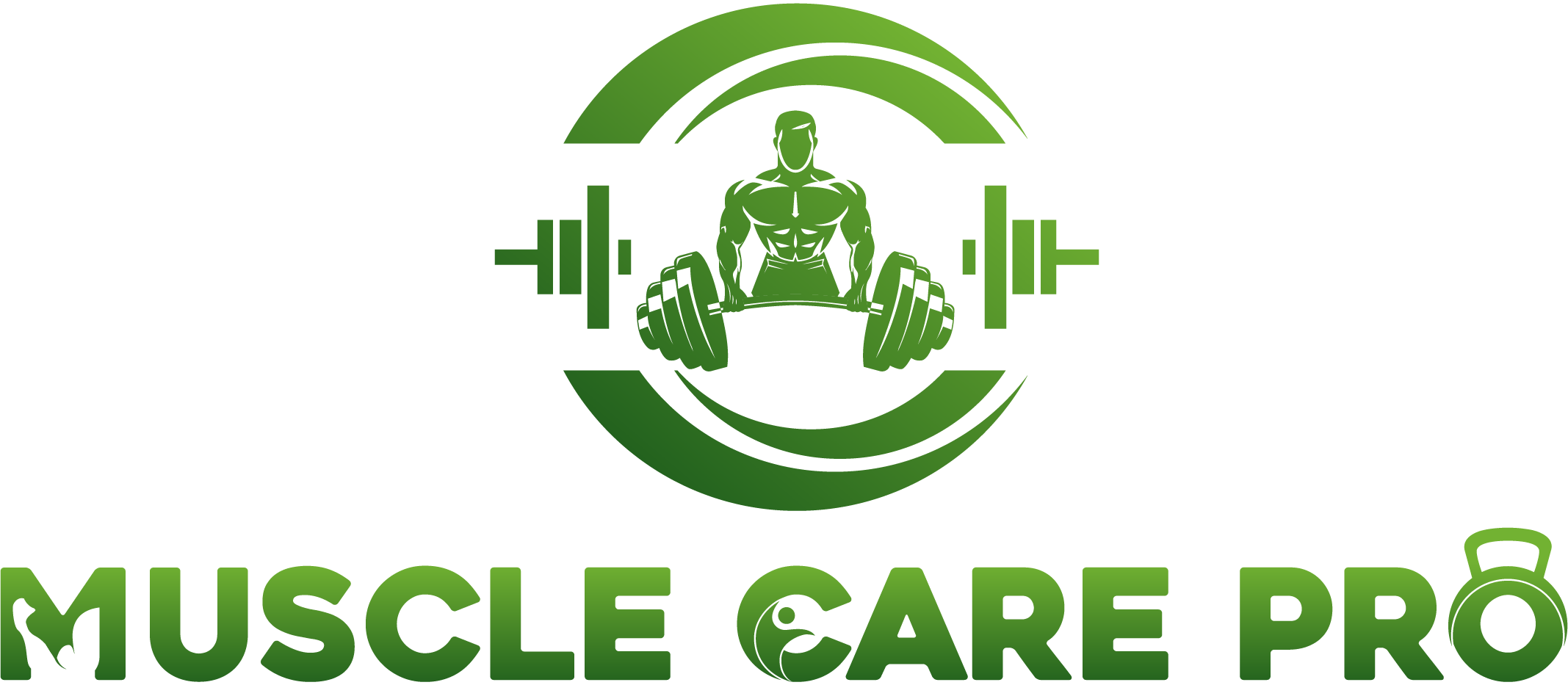The use of hormone replacement therapy (HRT) is not new and has a history of addressing all forms of health problems related to the imbalance of hormones. Its main application has been however dealing with the post-effects of menopause, but more recently hormone replacement therapy for weight loss has attracted huge popularity. This review discusses how HRT can manage obesity, what hormones are used, the advantages and disadvantages, and so on.
What Is Hormone Replacement Therapy (HRT)?
Hormone therapy for weight loss involves injecting synthetic or biologically identical hormones to restore one’s hormonal health. These hormones may comprise estrogens, progestins, thyroid hormones, and testosterone. Thus, by restoring hormonal levels to a more normal and balanced state, HRT could treat associated problems such as lack of energy, irritability, and especially obesity, which usually happens when there is a hormonal imbalance.
Types of Hormones Used in HRT
The commonest hormones used in hormone replacement therapy are:
Estrogen:
Estrogen is a hormone most often used to mitigate the effects of menopause, however, it is also responsible for the distribution of body fat.
Testosterone:
This hormone is important for muscle mass and metabolism–as well as for fat storage. Low testosterone levels will usually lead to difficulty in building muscle and weight gain.
Thyroid hormones :
These hormones assist in the control of metabolic processes. This can have a major impact on a person’s ability to lose weight, causing either obesity or making it difficult to lose weight through dieting, and is often seen as a disorder.
Progesterone:
In most cases when deployed, estrogen will often be coupled with progesterone which helps in maintaining the balance of hormones in the body thus facilitating in loss of weight.
How Does Hormone Replacement for Weight Loss Work?
The body’s hormones operate as internal regulators, controlling metabolism, hunger, and lipogenesis. Hormonal imbalances can upset the equilibrium of these functions, resulting in excessive body weight or an inability to lose weight.
The objective of hormone replacement therapy for weight reduction is to bring back normal hormonal levels that would assist in the control of the following processes:
Normal levels of hormones are important to maintain a healthy metabolic rate which aids the burning of calories in the body.
Appetite Control:
There are other hormones i.e. leptin and ghrelin that are responsible for feeling hungry. Managing these hormones will manage eating cravings and reduce excess eating.
Fat Distribution:
Female and male sex hormones such as estrogen and testosterone will determine how body fat is distributed in an individual. Proper management of these hormones can assist in weight reduction by improving fat distribution.
The Role of Estrogen in Weight Loss
The hormone estrogen is essential in controlling the distribution of fat in the body, especially in the waist circumferential area. With advancing age and especially during menopause where estrogen levels significantly decline, most individuals tend to gain weight mostly around the abdomen. Weight loss treatment in the form of hormone replacement therapy, more specifically use of estrogens, helps curb this problem. Once estrogen levels are normalized, the body tends to regain weight but in a more proportionate manner which makes it less difficult to lose weight again.
Testosterone and Weight Loss
Many people think of testosterone as a male sex hormone; however, testosterone is important for women as well, especially concerning the development of muscle mass and fat loss. When the level of testosterone is low, it can also cause an increase in body fa,t especially in the abdominal region. So by increasing testosterone levels using hormone replacement, one can potentially add lean muscle mass which increases metabolism and aids in weight loss.
Thyroid Hormones and Their Impact on Weight Loss
The hormones secreted by the thyroid gland ensure the healthy functioning of metabolism. Insufficient levels of thyroid hormones (hypothyroidism) lead to weight gain, fatigue, and other distressing symptoms. Individuals suffering from such conditions often find it beneficial to consider hormone replacement therapy with thyroid hormones since it improves the patient’s metabolism, thereby making it easier for one to lose weight. On the flip side, it is common for medications containing thyroid hormones (hyperthyroidism) to suppress appetite and stimulate higher levels of metabolic rate resulting in less weight retained. Such effects have to be controlled, however, as they present a thin line.
Benefits of Hormone Replacement for Weight Loss
Hormone replacement therapy has several advantages when it comes to losing weight, especially in the case of persons with hormonal distortions. They are as follows:
Improved Metabolism:
Bringing hormones to optimal levels contributes to more efficient burning out of calories by the body.
Better Muscle Mass:
Testosterone and others are important in promoting and maintaining muscle tissue which is important for reducing fat and increasing metabolism.
Reduced Belly Fat:
Both estrogen and testosterone are effective in managing fat deposits around the midsection, thus making easier the process of losing weight.
Increased Energy Levels:
Achieving hormone balance comes with more energy thus less tiredness which is in most cases associated with increased weight.
Risks and Considerations of Hormone Replacement Therapy
It should be noted, however, that hormone therapy for weight loss is not without risks. The risks include the following:
Increased Risk of Cancer: On long-term estrogen therapy, there is an increased incidence of several cancers, including breast and uterine.
Heart Health: For some patients with a need for hormone therapy, this may be associated with a higher risk of heart problems especially if there is a cardiovascular history.
Blood Clots: Some forms of hormone replacement therapy (HRT), especially those including estrogen, are linked to the risk of thrombosis.
Side Effects: During hormone therapy, some patients may develop side effects, such as worsening of appetite, changes in mood, and headaches.
Who Should Consider Hormone Replacement for Weight Loss?
For those facing issues with unwanted weight gain or unable to lose weight due to hormonal changes, weight loss hormone therapy may be advantageous. This includes en masse those who have:
Menopause:
Menopause is a phase in a woman’s life characterized by cessation of menses. In such a stage, a woman may experience weight gain, especially around the belly because of changes in her hormone levels.
Hypothyroidism:
Hypothyroidism may lead to low metabolism rates hence difficulty in losing weight.
Testosterone Deficiency:
Testosterone is important in muscle building and fat shaping and its deficiency may result in altered muscle development in different regions.
Chronic Stress:
Long-standing anxiety or worry can lead to excess production of body hormones nastily referred to as cortisol which may increase body weight.
Is Hormone Replacement for Weight Loss Right for You?
Before embarking on any type of hormone replacement therapy for weight loss, it is advisable to consult a qualified medical practitioner. The practitioner assesses your hormone levels, medical history, and any potential ailments to decide whether hormone replacement is right for you or not.
It can be diagnosed as an imbalance through a blood test to measure hormone levels within a patient and hence be able to guide a treatment plan that meets its specific requirements. Lifestyle adjustments, including eating right, exercising regularly, and managing stress, should always be considered with hormone therapy for maximum results in losing weight.
Conclusion
Hormone replacement is a tool that may be effective for those battling with weight loss or hormonal imbalance. Hormonal imbalances may occur by administering hormones such as estrogen, testosterone, and thyroid hormones, which improve metabolism, reduce abdominal fat, and finally expedite weight loss. Weight-gain hormone therapy offers a wide range of benefits and possible disadvantages, and therefore it is best to counsel a health professional on whether hormone replacement therapy is the right way for you.












